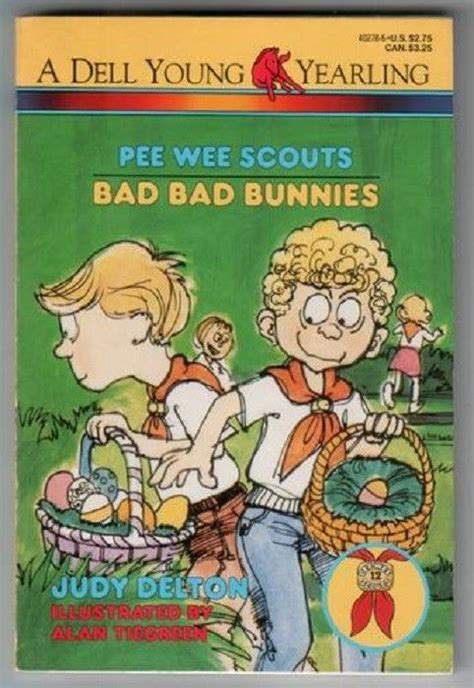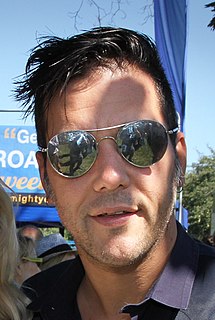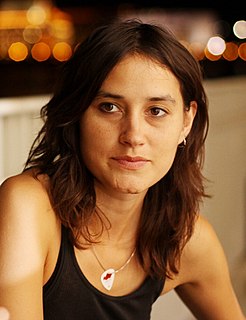A Quote by Lydia Polgreen
I think facts and truth are essential to journalism but you need to reckon with emotion. You have to deal with how people feel, otherwise you miss the story.
Related Quotes
I think everybody's talking about like facts and truth and you know like that 'We're here to fact check' and all of that, that's the base material of journalism. You cannot have journalism without facts and truth. But if facts and truth were what actually you know sort of moved people's lives and moved their decision-making like the election would have had a different outcome.
I think we need to reckon in a very serious way with the emotional content of news and the way that people perceive facts and their perception of their situation and to me I think the tabloid is like fundamentally an emotional form of journalism and that kind of emotional valence is what distinguishes it from the broad sheet.
Facts are neutral until human beings add their own meaning to those facts. People make their decisions based on what the facts mean to them, not on the facts themselves. The meaning they add to facts depends on their current story … facts are not terribly useful to influencing others. People don’t need new facts—they need a new story.
If you ant to feel deeply, you have to think deeply. Too often we separate the two. We assume that if we want to feel deeply, then we need to sit around and, well, feel. But emotion built on emotion is empty. True emotion- emotion that is reliable and does not lead us astray- is always a response to reality, to truth.
For my part, I think we need more emotion, not less. But I think, too, that we need to educate people in how to feel. Emotionalism is not the same as emotion. We cannot cut out emotion - in the economy of the human body, it is the limbic, not the neural, highway that takes precedence. We are not robots...but we act as though all our problems would be solved if only we had no emotions to cloud our judgement.
There is a world of difference between facts and the truth. You can have so many facts that you don't deal with the truth. You never get to the truth. You have the places where, the people who, the times when, the reasons why, the methods how - blah blah. And never get to the human truth. The human truth is as elusive as the air. And as important as the air.
I think all of us in the pursuit of more perfect version of the truth and the story need to reckon with what we bring to the story, and I think that I'm confronting that in a very real way everyday. I'm extremely proud of who I am and it's nice to see it celebrated, but if someone were to ask me to list in order the biography, you know journalist comes first.
We have to face the unpleasant as well as the affirmative side of the human story, including our own story as a nation, our own stories of our peoples. We have got to have the ugly facts in order to protect us from the official view of reality. Otherwise, we are squeezed empty and filled with what other people want us to think and feel and experience.
Every journalism bromide - speaking truth to power, comforting the afflicted, afflicting the powerful - that otherwise would be hopelessly sappy to a journalist of any experience, has become a Twitter grail. The true business of journalism has become obscured because there is really no longer a journalism business.
I think the best thing about music is that someone could be writing a song that's so personal, and it tells so many other people's story at the same time. It kind of exemplifies that we are all kind of on the same wave[length] - it's amazing how comforting somebody else's story can be, because we have experienced their story in some way or another, and I can totally relate, and I get to feel that feeling and the expression of that emotion. I get to feel like as a listener, that somebody understands me, which is pretty incredible.






























